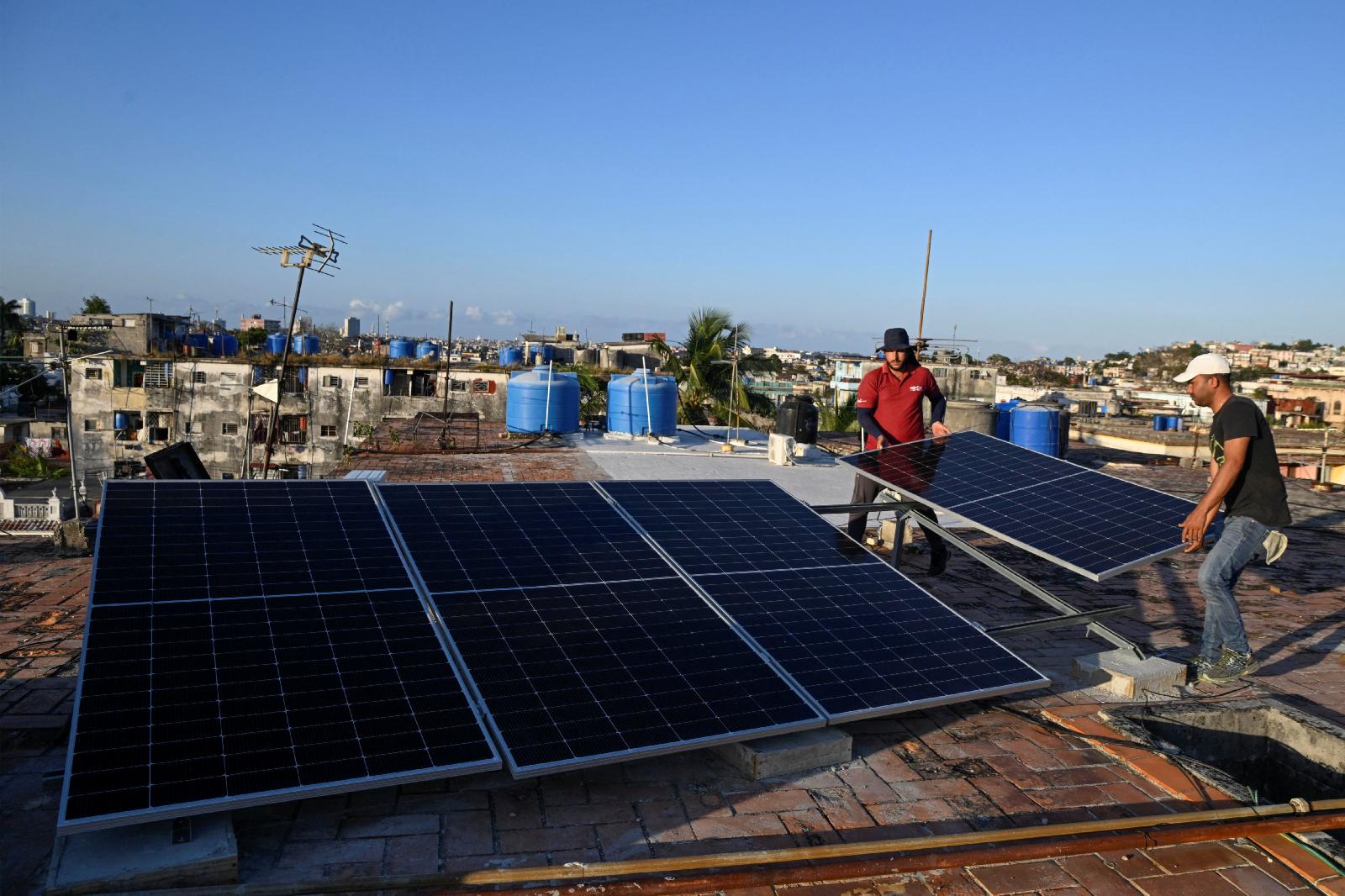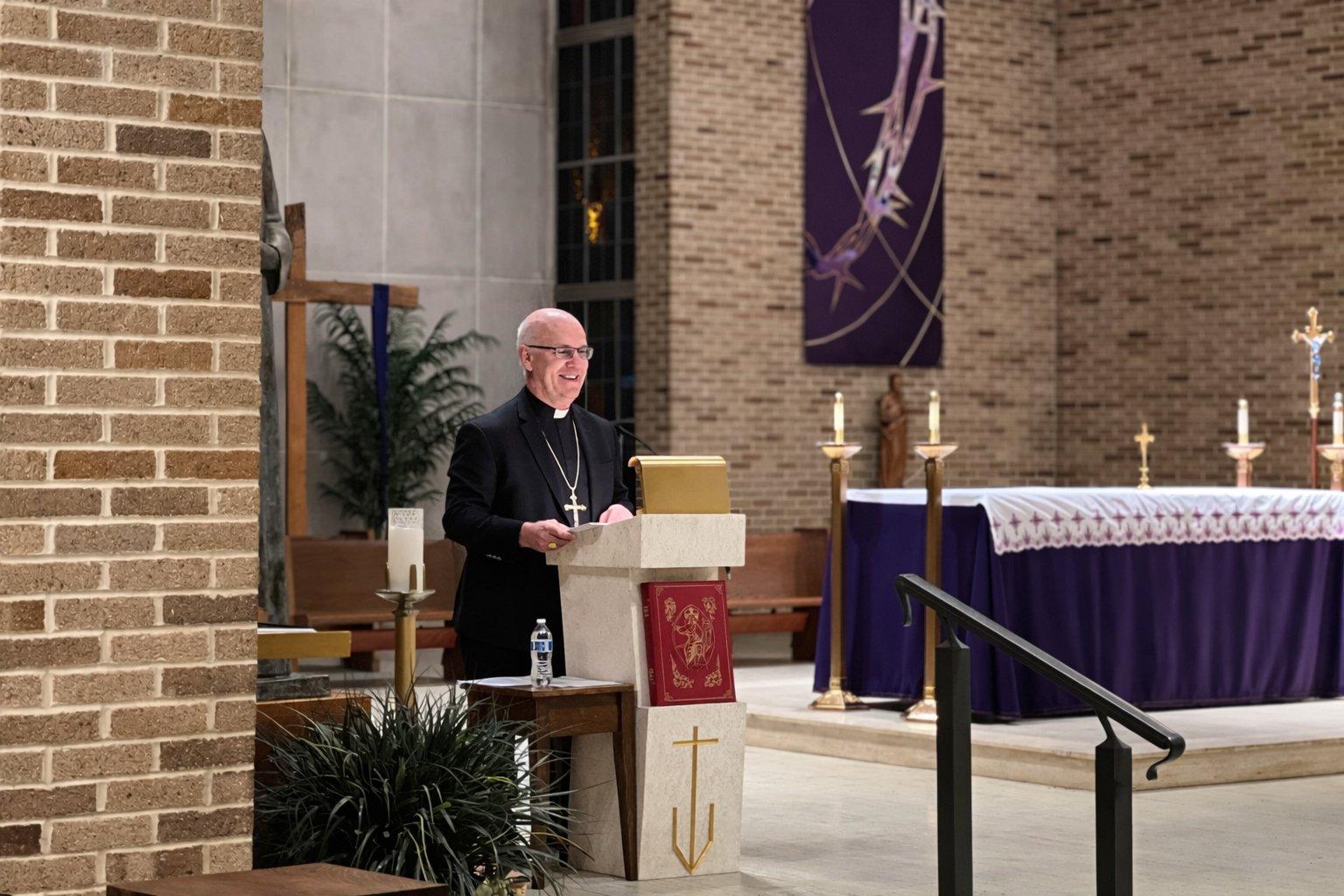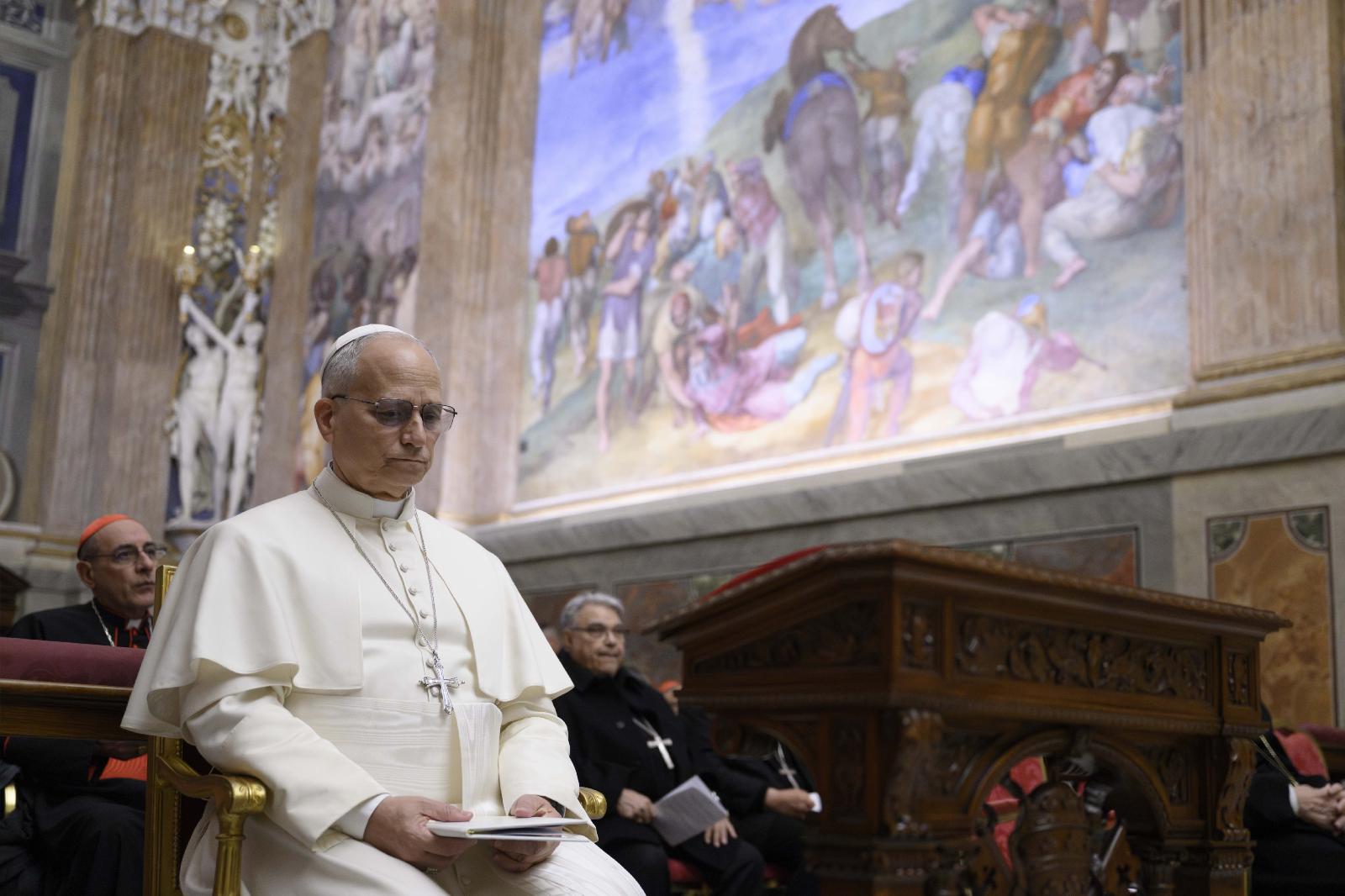Europe’s defense chiefs: We’re with Ukraine for the long haul
BERLIN — Europe’s top defense officials used a meeting in Berlin on Friday to send a unified message of support for Ukraine.
The main takeaways: Backing for Kyiv will remain open-ended, hybrid threats against Europe are accelerating, and the continent’s biggest military powers intend to take on a larger share of their own defense as the war enters another hard winter.
German Defense Minister Boris Pistorius opened the session by emphasizing continuity. “Germany is prepared to continue taking the lead in supporting Ukraine,” he said, stressing that Berlin will maintain its multi-year funding for U.S.-made Patriot air defense systems and interceptors under the Ukraine-focused PURL mechanism, which coordinates deliveries of U.S. arms and tech to Ukraine via NATO members.
Germany has already financed a €500 million air-defense package through this instrument and will contribute at least €150 million to a new package agreed this week. Berlin, he added, aims to present “something substantial” on joint procurement with the U.K. at the group’s next meeting in Warsaw.
France stressed that long-term military and economic pressure on Moscow must intensify. French Armed Forces Minister Catherine Vautrin pledged that Paris “will continue to support Ukraine for as long as it takes,” and pointed to France’s work preparing security guarantees for Kyiv in the Franco-British “coalition of the willing.”
She also called for stricter enforcement of sanctions, warning that Russia’s sanctions-evading “ghost fleet” finances a significant share of its war effort. “We have to increase the pressure to break this economic model,” she said.
Italy highlighted its own set of assistance measures. Defense Minister Guido Crosetto said Italy will deliver €800 million in civilian support, including generators needed to navigate winter energy shortages, as well as additional military assistance through its fourth and 12th aid packages. “Our commitment to Kyiv will continue — always,” he said.
Representing Poland, Deputy Defense Minister Paweł Zalewski linked Europe’s security directly to Ukrainian resilience. He underlined that Poland provides Kyiv with military equipment, financial support and political backing, insisting: “We believe that the security line of Europe lies on the Russo-Ukrainian front line.”
Warsaw plans to submit more than €40 billion in defense-industrial projects under the EU’s new investment scheme, including joint ventures with Ukrainian defense companies inside Poland to help boost Ukraine’s long-term capacity.
EU foreign policy chief Kaja Kallas delivered the meeting’s sharpest warning, citing a surge in “daily” hybrid attacks — sabotage, cyberattacks, drone incursions — and urging capitals not to normalize them.
“It is clear that Ukraine needs more air defense and more ammunition,” she said, arguing that the EU must help Kyiv keep pace with Russia’s escalating strikes. She stressed that EU capability planning complements that of NATO: “We cannot accept this as the new normal.”
Threaded throughout the meeting was a shared conclusion: Europe expects a long war, and is preparing accordingly. As Pistorius put it, “Our measures are having an effect — and we must not ease up.”




















:quality(85):upscale()/2025/08/14/650/n/1922283/470aeb83689df49cdc1bb6.14084110_.jpg)
:quality(85):upscale()/2023/10/03/668/n/1922283/1f15c8a9651c2d209e5eb5.32783075_.jpg)
:quality(85):upscale()/2025/09/09/891/n/1922283/7222624268c08ccba1c9a3.01436482_.png)
:quality(85):upscale()/2023/09/18/918/n/1922398/a1136b676508baddc752f5.20098216_.jpg)
:quality(85):upscale()/2025/10/09/670/n/1922283/00b944c868e7cf4f7b79b3.95741067_.jpg)
















